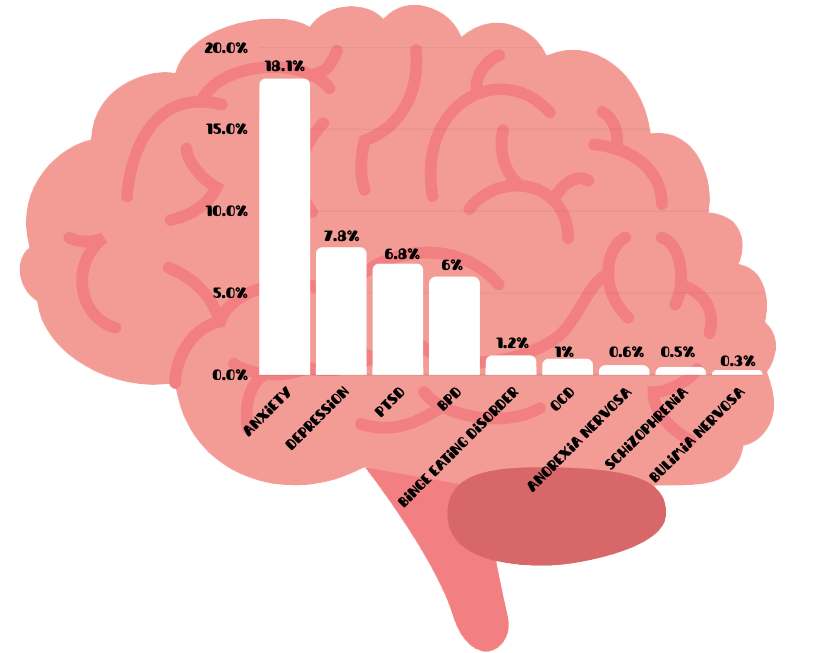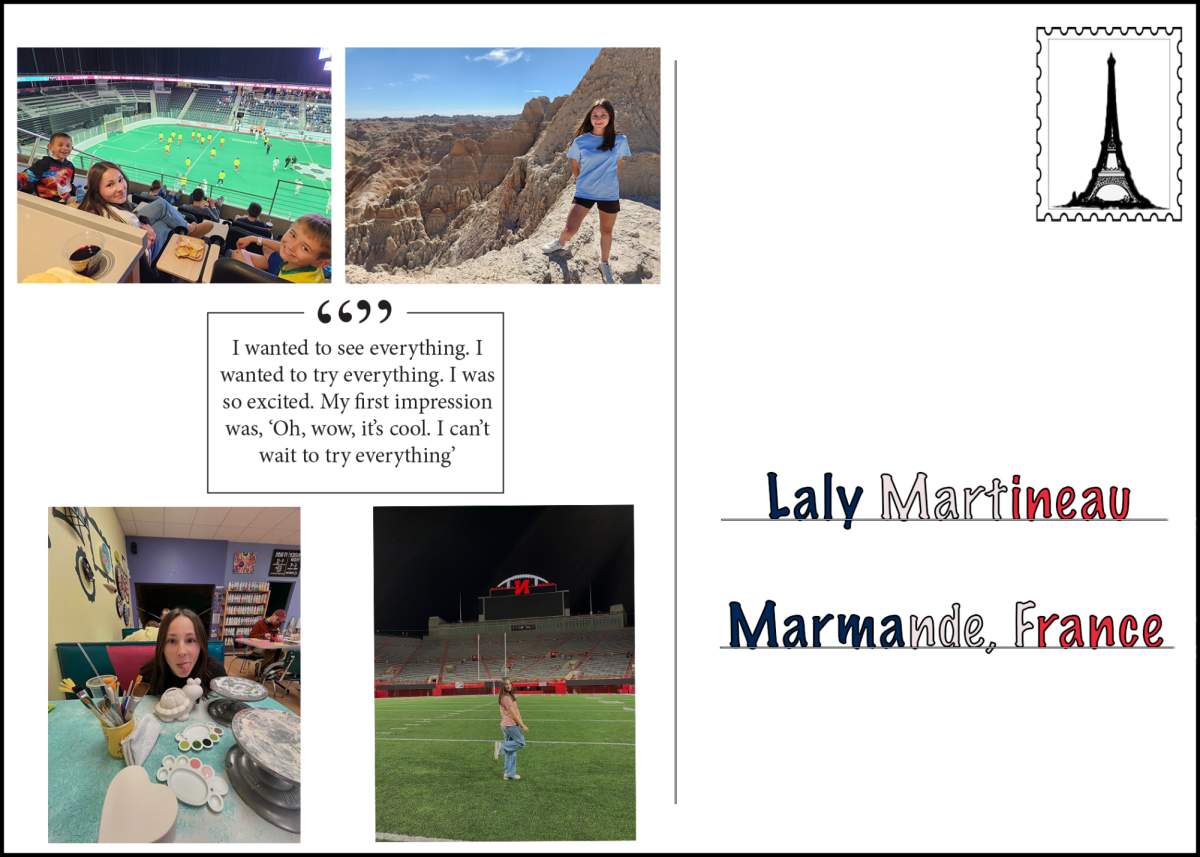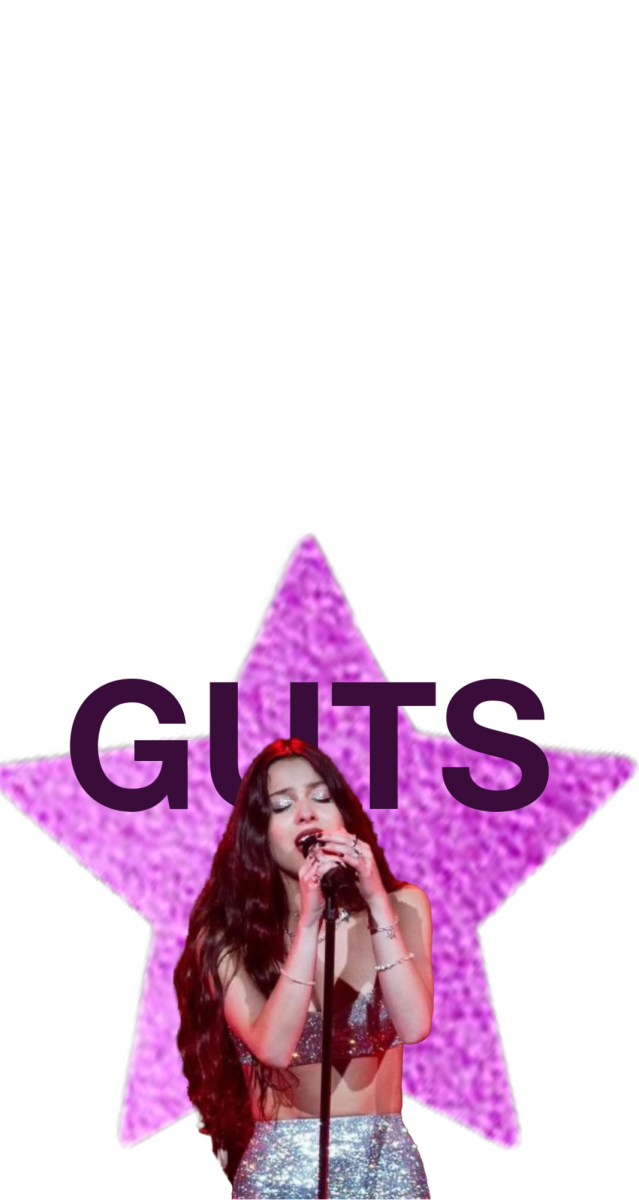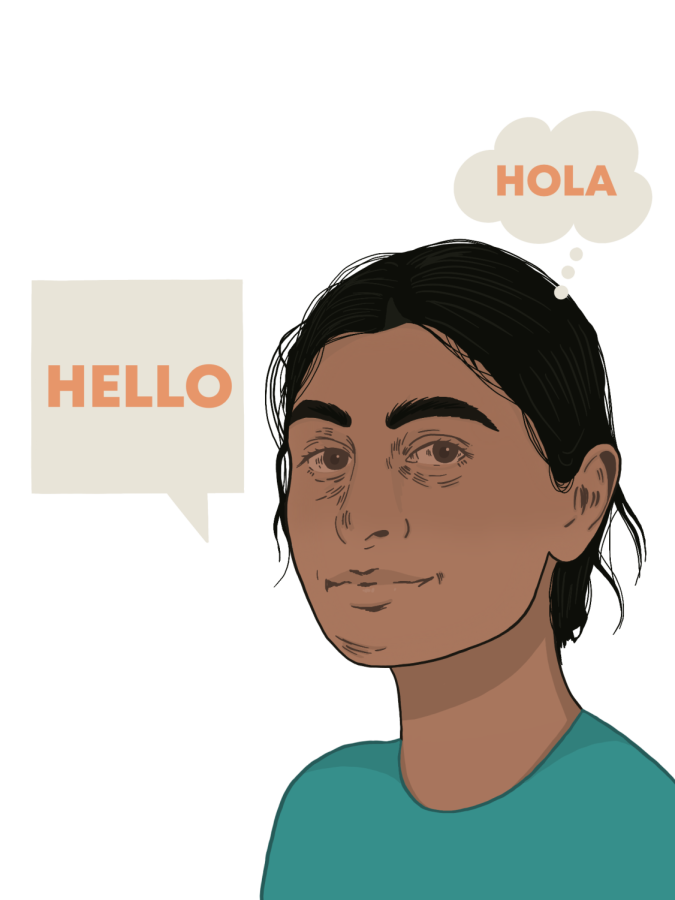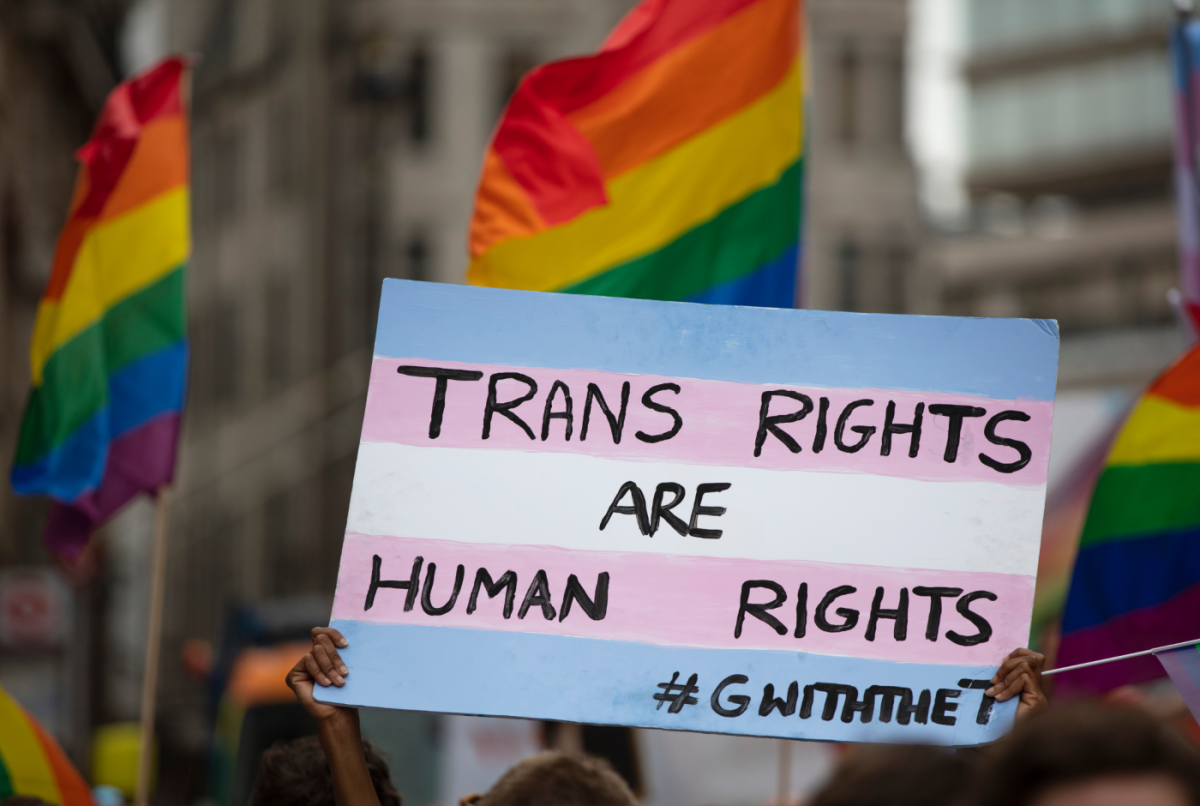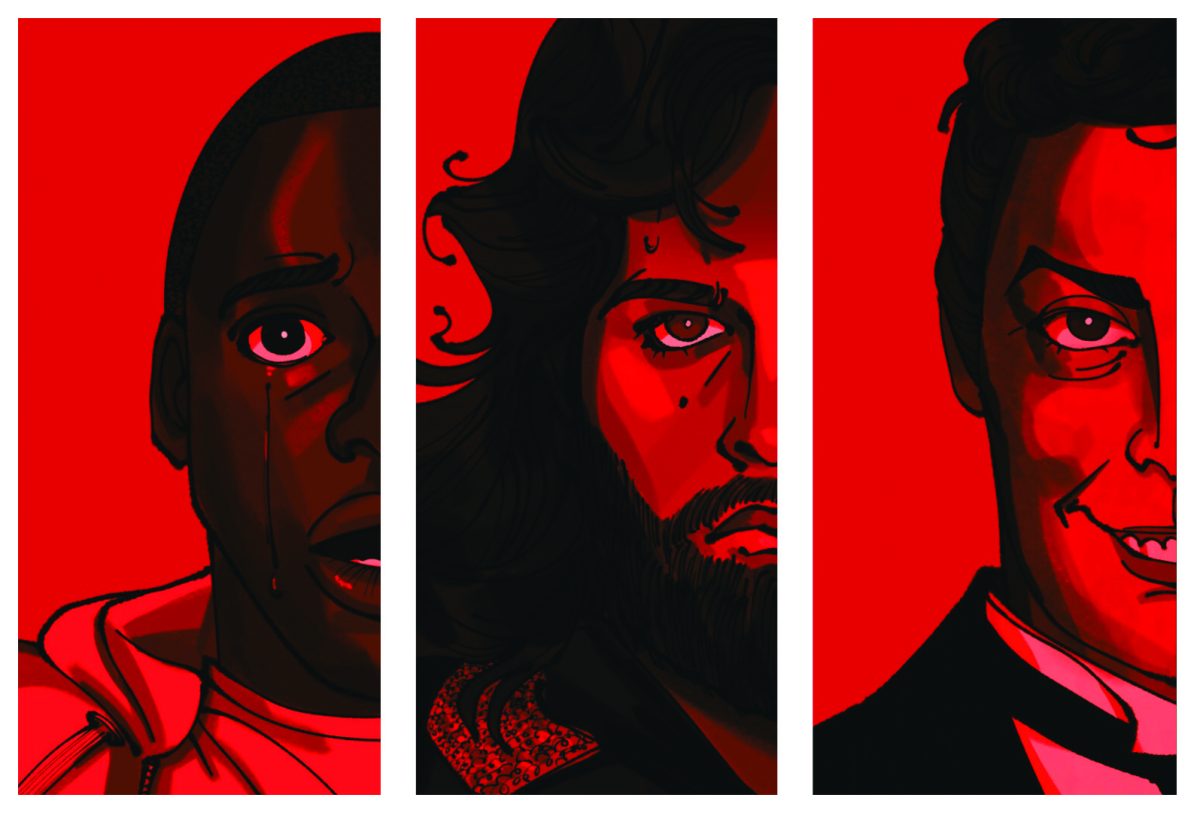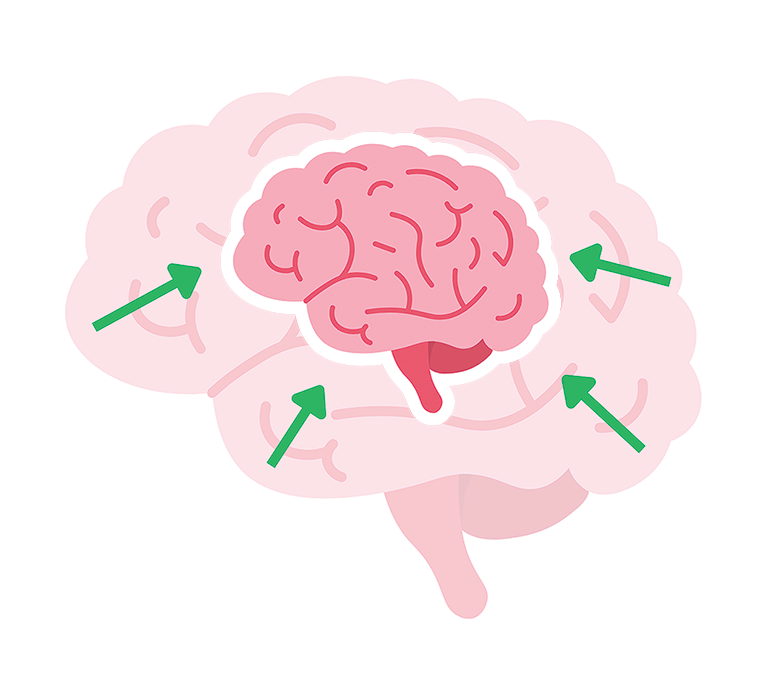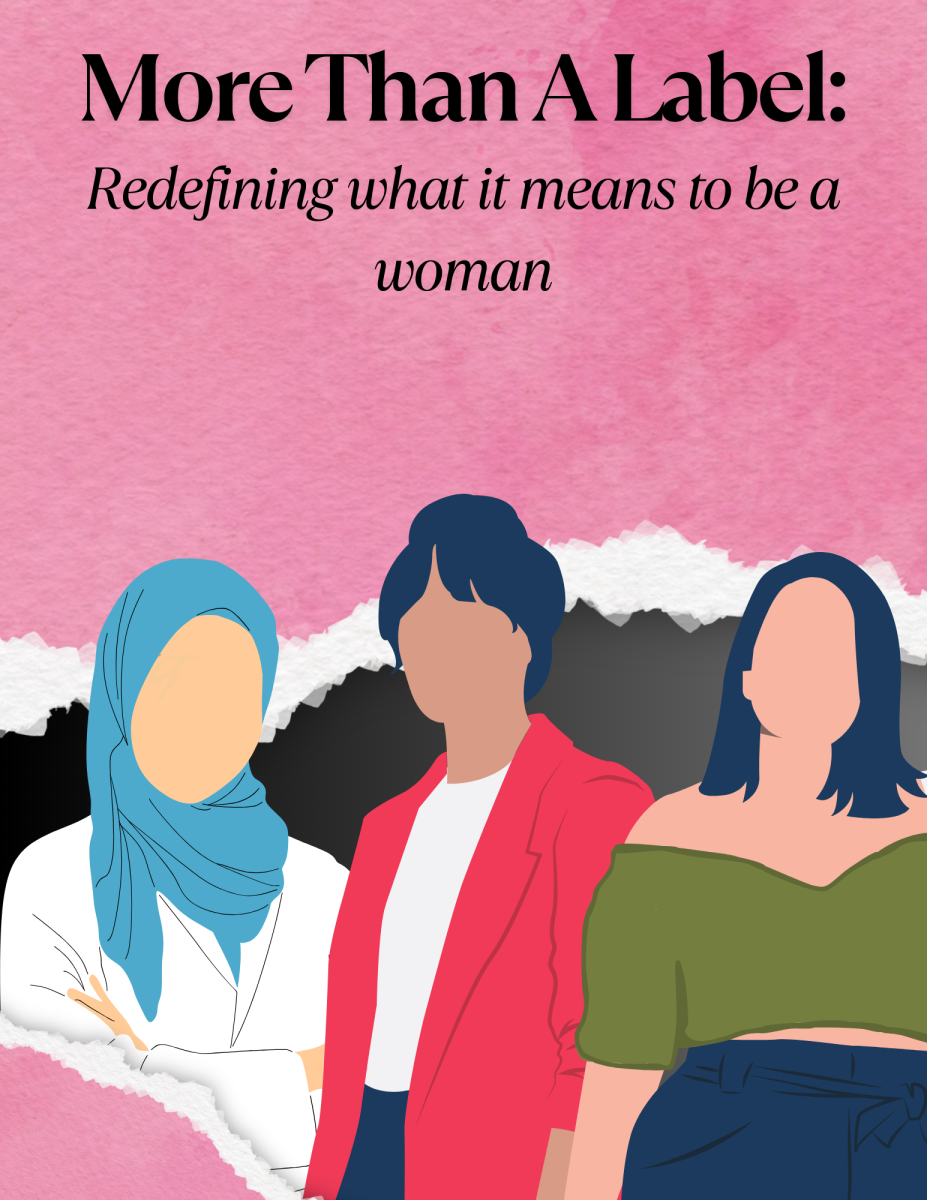It Ends With Us. A Court of Thorns and Roses. Twisted Love. The Seven Husbands of Evelyn Hugo. Shatter me. All these titles have something in common. They’re all very popular books, loved among the bookworms of the internet. Many social media users are somewhat aware of BookTok, BookTube, or Bookstagram, and may have even had experience with them in some way, whether it be saving or liking a post, to buying the actual book that is being promoted.
These platforms have exploded in the past few years, which have led to increases in book sales across the country all over the world. But the question is: Will BookTok be the downfall of reading, or just a trend to come and go?
For me, the answer is yes to both. My personal experience with platforms such as BookTok, Booktube, and Bookstagram is much like other users. I consume a significant amount of content related to books, influencing me to buy and read the most popular and promoted books, similar to many other book lovers. While social media has made reading more of a popular hobby, which is overall a good thing, there are still many flaws.
According to LSE librarian Sara Friest, BookTok is a “double-edged sword”.
“There’s pros, there’s cons, but one of the best things that it has done is it’s made reading really popular,” Friest said.
Of course, it’s great that there are so many people who have gained a love for reading, and that reading is a more desirable hobby, but doesn’t everyone want to seem literary? I agree that BookTok is a double-edged sword, but I’d argue that one edge is sharper than the other, and that would be the “Dark Side” of BookTok. Yes, there are pros, but let’s take a look at the many issues.
One of these issues would be the overconsumption of the book market. Buying an excessive amount of books has become a normalized thing online lately, leaving libraries to be forgotten. Users feel the need to buy every book that they come across online, to feel on trend and a part of the book community.
On top of this, people feel compelled to buy the most popular ones, not what they think they’d like to read. As mentioned in the community by either readers or even influencers themselves, reading books and collecting books are two different hobbies.
I’ve also noticed that in stores such as Target or Walmart, there isn’t really much of a choice but to buy the most popular books. These stores tend to only bring in what is trending at the moment to attract book lovers and bookish influencers on social media.
In other words, books are now similar to “fast fashion”. They come and go, depending on which ones are trendy that month. Stores refuse to bring in any books that aren’t making the rounds on social media, and remove books that aren’t talked about anymore.
Along with this, people seem to read only to fit a certain aesthetic. For example, there are books that are described as “dark academia” or fit under more niche genres, such as “feminine rage” literature or “sad girl” books.
On TikTok, everything can and will be turned into an aesthetic, and reading has become one of them.
Michael Bettendorf, who works in LSE’s Media Center and is a writer himself, shares his take on this.
“There’s always going to be the people that want to be perceived a certain way,” Bettendorf said.
I personally think that it’s okay to want to be seen in a different way, but sometimes it’s taken too far.
Although there are many niche genres, like I had mentioned before, romance may be the most prominent genre, with many specific sub-genres such as mafia romance, billionaire romance, or office romance.
Along with these sub-genres, there are also many tropes, including enemies to lovers, fake dating, or love triangles. These are just a few of the very long list, but it seems like the tropification of these books may be taking away from the actual story, and that they are just becoming defined by these genres.
Friest has a similar outlook, but sees the good in this generalization as well.
“I think it’s okay to label it to kind of help readers find their books, but it does generalize books you know, and it doesn’t tell the whole story at all,” Friest said.
I agree with this because, although it may help someone find the type of book they enjoy, it is a really broad way of describing the book. It mainly focuses on one aspect of the story rather than the story and plot as a whole, and it is the main thing that BookTok is zoomed in on. I personally think that readers should explore the story, the themes, and the messages of the book rather than just the romance aspect of it.
Obviously romance is huge in the social media world of books, but it shouldn’t be the only thing BookTok revolves around. There are so many great books that are not given enough attention because there are badly written BookTok books getting popularized when it has you thinking: Was it really even that good?
There are also many problematic books and authors on the platform. An example of a controversial figure would be author of the very much BookTokified novel, “It Ends With Us” by Colleen Hoover.
Hoover is known for her extremely popular books, such as “Ugly Love” and “Reminders of Him”. Her books are promoted like crazy online, and to some, she is an icon, but to others a problematic and toxic author.
I personally have only ever read one book by her, “Verity”, which I would say wasn’t the best book I’ve read. One of the reasons she receives so much hate is because of the romanticization of many sensitive topics, such as abuse. Her books lack escapism, and her characters aren’t always lovable. Not to mention their actions, which are just inexcusable at times. There is the debate whether she is a good writer or not, and I think that it’s not the writing, but it’s just the way she goes about telling the story of the many delicate subjects that she chooses to write about.
Overall, I’d agree that BookTok has its pros and cons, but I’d argue that there’s more bad than good in the community. I think that if it allows reading to become more prominent, then it’s a good thing, but I also think that readers should be wary when consuming that kind of media. Reading is reading, but it also shouldn’t be tied into all these aesthetics and tropes that we see all over social media.
To each their own, but just be cautious of the BookTok allure.



